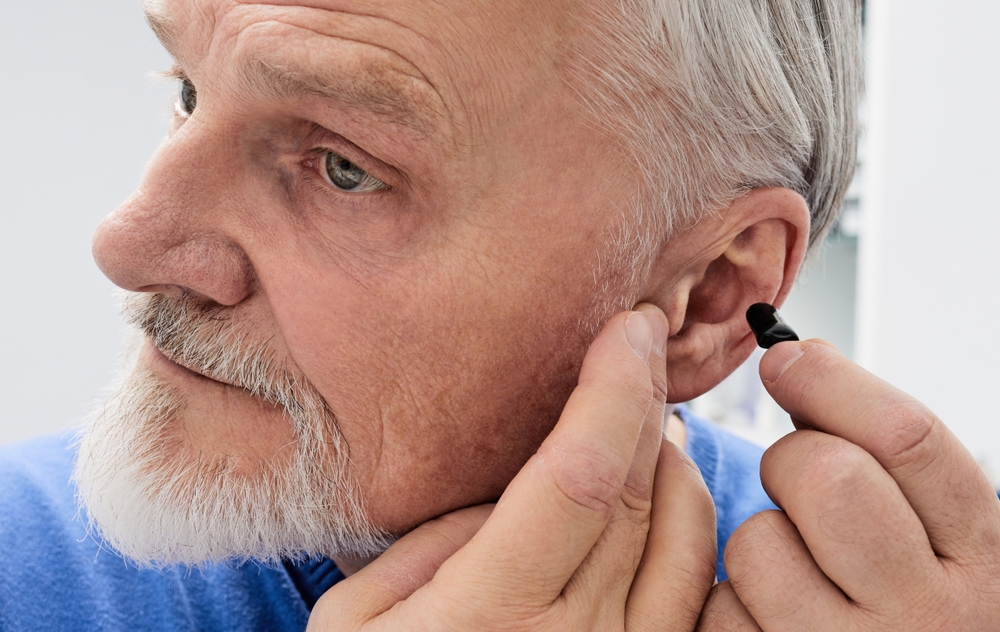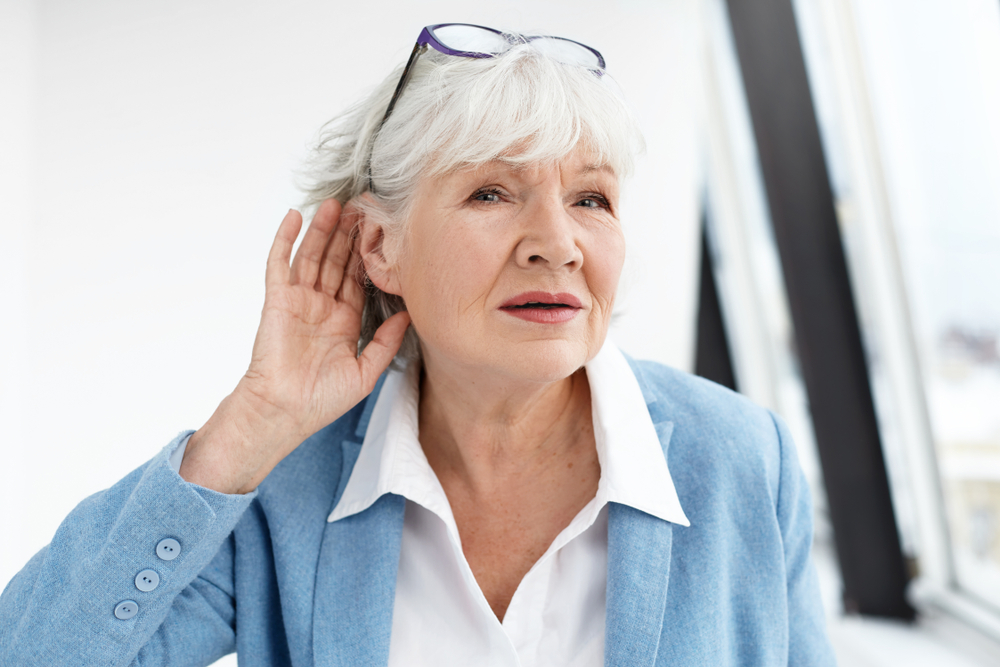Are you searching for the missing pieces to complete the puzzle?
When someone you love is facing hearing loss, it can feel like you’re both trying to put together a puzzle with a few pieces missing. They may be experiencing frustration, isolation, or uncertainty—and you may not always know how to help.
But here’s the good news: supporting a loved one doesn’t require fixing the problem. It simply requires compassion, patience, and presence. Here are eight practical tips for living—and helping others live—confidently with hearing loss.
Ask: “What kind of support do you need right now?”
People living with hearing loss might not always know how to express what they need. By asking this simple question, you open the door to honest communication and show that you’re ready to listen without judgment.
Resist the urge to fix it.
It’s natural to want to help, but sometimes the best thing you can do is simply listen. Give your loved one space to share their experiences before offering advice. Active listening builds trust and connection.
Validate their perspective.
Try responding with empathy: “Wow, that sounds really stressful.” Validation helps someone feel seen and understood—it’s one of the most powerful ways to show support.
Don’t compare.
Hearing loss is unique to every person. Avoid comparing hearing devices, test results, or others’ experiences. Everyone’s hearing journey is one-of-a-kind, and there’s no single path to success.
Offer to help—but ask first.
Simple acts of kindness go a long way. You might ask: “How can I make this easier for you?” Whether it’s turning on captions, facing them while speaking, or choosing quieter spaces, small adjustments make big differences.
Skip the silver linings.
Phrases like “Don’t worry, it could be worse” can minimize someone’s feelings. Instead, acknowledge their emotions with compassion. A little empathy helps replace frustration with hope.
Check in and remind them: “I’m here.”
Sometimes, support means being available. Send a quick text, make a call, or simply listen. Knowing someone is willing to show up makes all the difference in the world.
Don’t take it personally.
Communicating with hearing loss can be exhausting. If your loved one seems distant or withdrawn, remember—it’s not about you. Offer patience, kindness, and understanding.
Hearing Evaluations in Livingston, NJ
Living with hearing loss, or supporting someone who is, takes teamwork and empathy. Every conversation and every act of listening brings you closer to rebuilding connection and confidence.
At Hearing Doctors of New Jersey, we believe that better hearing means better living. Our mission is to help every patient and their loved ones rediscover the joy of communication—because hearing well isn’t just about ears; it’s about connection.
Ready to take the first step? Schedule your Comprehensive Hearing Evaluation today.









